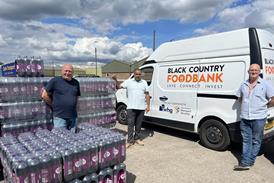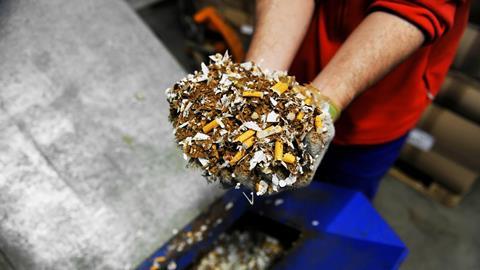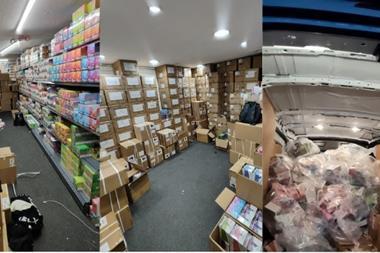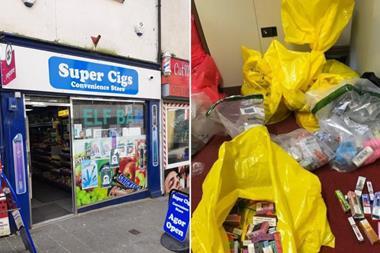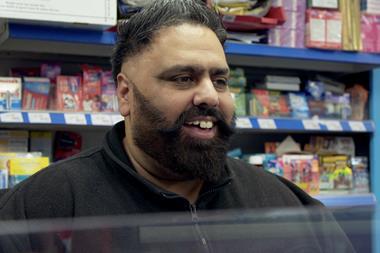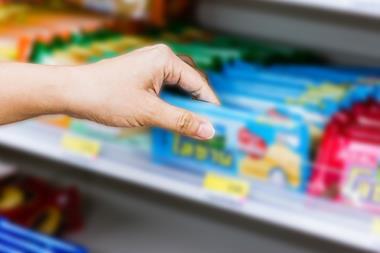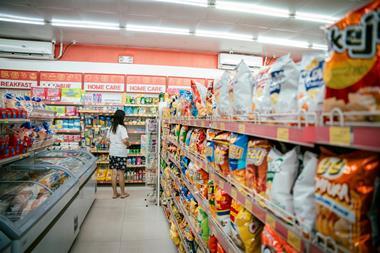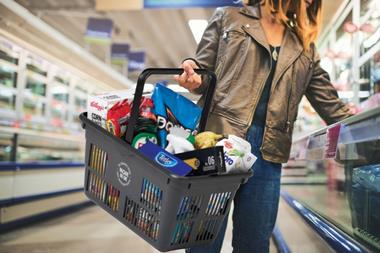In June, retailers in Wolverhampton attended a JTI and Convenience Store roundtable to discuss the issue of illicit tobacco in their area. During an in-depth discussion, retailers highlighted how the illicit trade was directly impacting business, affecting their communities and, in some cases, resulting in violence against them and their staff.
An analysis of data from the Office for National Statistics (ONS) undertaken by JTI suggests that spending on illegal tobacco products in the UK is double the amount spent on narcotics [JTI]. HMRC readily acknowledges it has already lost £52.8bn in tax revenue since 2000 from illicit tobacco sales [HMRC].
Ian Howell, public affairs manager at JTI, says: “Sadly, these findings are not all that surprising to us – high taxation and the ongoing cost-of-living crisis have led to many consumers seeking out cheaper alternatives, whether that be food, clothing or tobacco products. Unfortunately, unscrupulous retailers have seen this as an opportunity and, in doing so, have invited criminal activity into their local communities.”
Below are some of the key issues that were discussed on the day, along with what retailers can do to help combat the illicit trade.
“It’s hard to make profits, in general our trade has dropped”
By evading taxation, illicit tobacco can be sold at lower prices than legitimate products, and is often found for around £4.50 a pack. Naturally this diverts income away from legitimate businesses. All retailers at the roundtable agreed that due to the increasing levels of illicit tobacco in the area, they had seen a noticeable reduction in sales volumes and their bottom lines.
One retailer also pointed out that they are not just losing out on the tobacco trade, but also on overall basket spend.
Any retailer that suspects someone is selling illegal tobacco should report it immediately; they can do this by speaking to their JTI representative. Additionally, they are strongly advised to speak to Trading Standards to make them aware.
Police and Trading Standards need more funding in order to combat the illicit trade and to support local communities and the hard-working retailers within them.
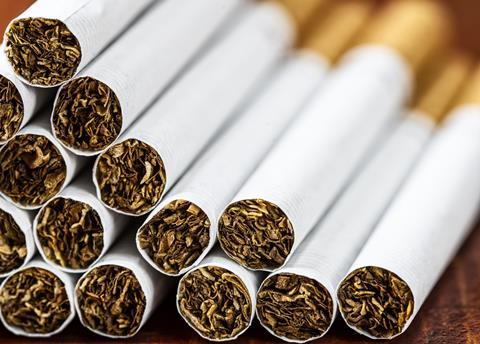
“My store was broken into and cigarettes were stolen, but the police did nothing”
Retailers discussed how break-ins and ram-raids were becoming more commonplace, with one having first-hand experience of being hijacked shortly after leaving the wholesale depot. In each of these cases, tobacco was targeted due to its value. Thefts were reported to the police but, in each case, nothing was recovered, despite one store owner managing to find the items for sale on Facebook only hours after they were stolen.
The Tobacco Track & Trace system, implemented in 2019, is able to identify any outer or individual tobacco product and flag if a product is stolen. Currently police do not have access to this system, which JTI believes could help identify and prosecute offenders who are selling stolen tobacco. JTI agrees that sharing this system with the police would enable them to better protect legitimate retailers.
“With vapes, we’re seeing younger people using and asking for them”
The Department of Health and Social Care reports that youth vaping has tripled in the last three years [DHSC], with 1 in 5 children having tried a vape.
One retailer highlighted local market stalls selling 10 vapes for £10; they questioned why market inspectors were not doing anything about this, and how hard-working legitimate retailers could compete with these prices – yet seemingly nothing is being done to shut down the market stalls.
The UK Vaping Industry Association estimates that up to 60% of disposable vape products in the UK are illicit. Those selling illegal products are already breaking the law and are less likely to carry out ID checks on underage customers. Stricter penalties and fines, more frequent visits from Trading Standards and strengthening border controls to reduce the supply of illegal products into the UK are all required to stop children from having access to tobacco and vapes.
JTI encourages retailers to report any instances of illicit tobacco or vapes and will investigate any such reports of which it is made aware. However, Trading Standards and the Police both have a role to play, and both lack the necessary funding to keep up with the ever-growing illicit issue.
“The Gen Ban will increase the illegal tobacco trade”
Reintroduced by Labour in the King’s speech, the proposed Generational Smoking Ban will impact all retailers that sell tobacco products in the UK.
Feedback from the round table was unanimous – everyone agreed that the ban would make their jobs harder than they already are. They said it was “ill thought-out” and that it would only “increase the illegal tobacco trade” by playing into the hands of criminals who would be well positioned to step in and cater to those adults no longer legally able to purchase tobacco. Retailers also agreed that the new bill would be hard to enforce.
Trading Standards and police forces are unable to effectively deal with the current levels of illicit tobacco and there is a real risk that the government’s proposed Generational Smoking Ban could drive illicit tobacco sales further. Therefore, there is a concern within the industry that illegal products would become more prevalent, damaging sales for the majority of hard-working retailers.
After months of engaging with retailers, JTI hears their call to increase the minimum legal age of purchase for tobacco to 21, as being the only viable alternative to the proposed Generational Smoking Ban.






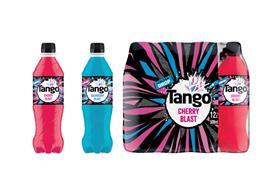
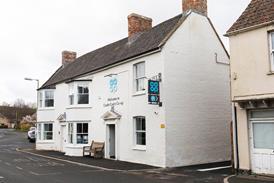
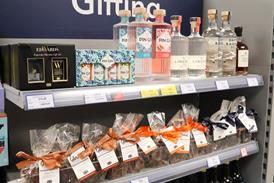

![WG-4003[58]](https://d2dyh47stel7w4.cloudfront.net/Pictures/274x183/4/5/1/353451_wg400358_6083.jpg)

